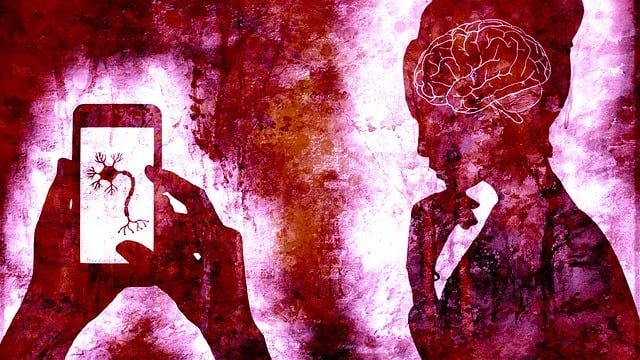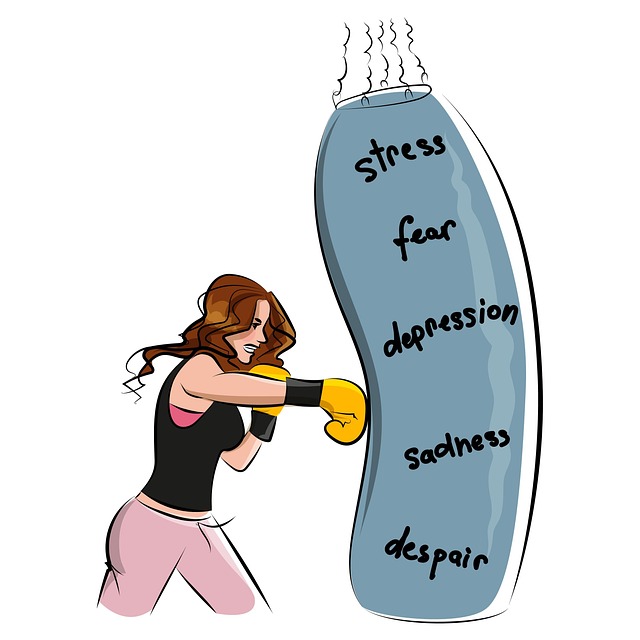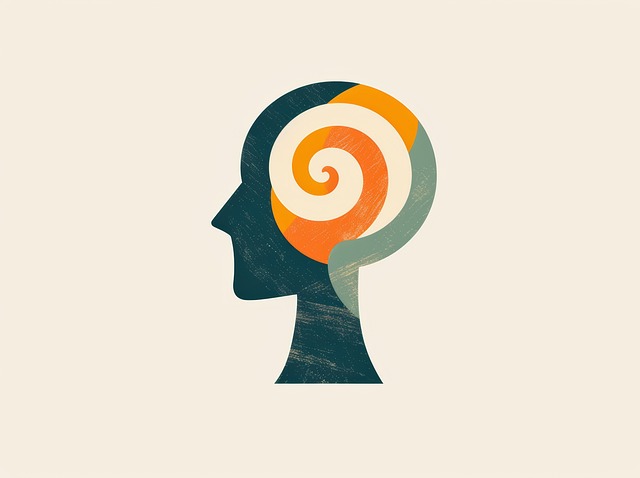Mental health crisis hotlines, leveraging Englewood Cognitive Behavioral Therapy (ECBT), offer immediate support and personalized solutions for emotional crises. Trained professionals provide confidential spaces for de-escalation and mental wellness education, promoting coping skills development and burnout prevention. Regular use of these 24/7 resources leads to better long-term mental health outcomes by intercepting escalations and empowering individuals to manage their well-being effectively through ECBT's structured approach and practical techniques like journaling and conflict resolution skills.
In today’s fast-paced world, mental health crisis hotline support services play a vital role in empowering individuals during turbulent times. This article explores the critical function of these hotlines, focusing on the unique approach offered by Englewood Cognitive Behavioral Therapy (ECBT). We delve into how ECBT provides immediate assistance and long-term solutions, ensuring folks receive the necessary tools to navigate mental health challenges effectively. Accessing and utilizing these services can be transformative, offering a lifeline when it matters most.
- Understanding Mental Health Crisis Hotlines
- The Role of Englewood Cognitive Behavioral Therapy
- Accessing and Utilizing Support Services Effectively
Understanding Mental Health Crisis Hotlines

Mental health crisis hotlines are vital resources designed to offer immediate support and guidance during times of intense emotional distress or psychiatric emergencies. These services provide a safe, confidential space for individuals to connect with trained professionals who can assist in de-escalating situations and offering solutions tailored to each caller’s unique needs. Engaged and compassionate listeners equipped with evidence-based practices, such as those practiced by Englewood Cognitive Behavioral Therapy (ECBT), play a crucial role in helping users navigate their mental health challenges.
Beyond crisis intervention, these hotlines contribute to broader mental health goals by promoting coping skills development and fostering mental health education programs design that empower individuals to manage their well-being effectively. By regularly utilizing hotline services, people can also prevent burnout, a common issue among those facing ongoing mental health struggles. This proactive approach ensures individuals receive the necessary support before situations escalate, ultimately leading to improved long-term mental health outcomes.
The Role of Englewood Cognitive Behavioral Therapy

Englewood Cognitive Behavioral Therapy (ECBT) plays a pivotal role in addressing mental health crises by focusing on transforming negative thought patterns and behaviors into healthier alternatives. This approach empowers individuals to gain insights into their feelings and actions, enabling them to manage stress, anxiety, and depression more effectively. ECBT incorporates techniques such as Mental Wellness Journaling Exercise Guidance to help users track their emotions, identify triggers, and develop coping strategies. Additionally, it equips participants with Conflict Resolution Techniques, which are essential in navigating interpersonal challenges without exacerbating mental distress.
Beyond acute crisis management, ECBT has been instrumental in Burnout Prevention. By teaching individuals to recognize early signs of burnout and implementing effective stress-reduction techniques, ECBT helps maintain long-term mental wellness. The structured nature of this therapy allows users to set achievable goals and gradually build resilience against future mental health crises, ensuring a more balanced and fulfilling life.
Accessing and Utilizing Support Services Effectively

Accessing support services for mental health crises is a vital step towards recovery. Individuals facing emotional distress can reach out to dedicated hotlines, such as those offering Englewood Cognitive Behavioral Therapy (ECBT), where trained professionals provide immediate assistance. These hotlines are designed to be easily accessible, often free of charge, and available 24/7. When contacting these services, being clear about one’s situation is crucial. Describing feelings, recent triggers, or specific concerns enables the support team to offer tailored guidance. They can provide a safe space to express emotions and help individuals navigate their crises.
Effective utilization involves not only reaching out during severe episodes but also learning coping skills for future management. ECBT hotlines often offer resources and techniques for stress reduction, anger management, or anxiety control. By regularly engaging with these services, individuals can build resilience and gain confidence in managing their mental health. Moreover, these support systems may connect people to relevant therapy options, ensuring they receive comprehensive care that addresses underlying issues. Through continued engagement and advocacy for improved mental health policy, these hotlines play a crucial role in fostering better access to care and enhancing overall well-being.
Mental health crisis hotline support services, such as those offered by Englewood Cognitive Behavioral Therapy, play a pivotal role in providing immediate assistance and long-term solutions. By effectively accessing these services, individuals can navigate through challenging times and foster resilience. Understanding how to utilize these hotlines and the therapies they offer, like cognitive behavioral therapy, is essential for ensuring that help is not just nearby but readily available when needed most.














